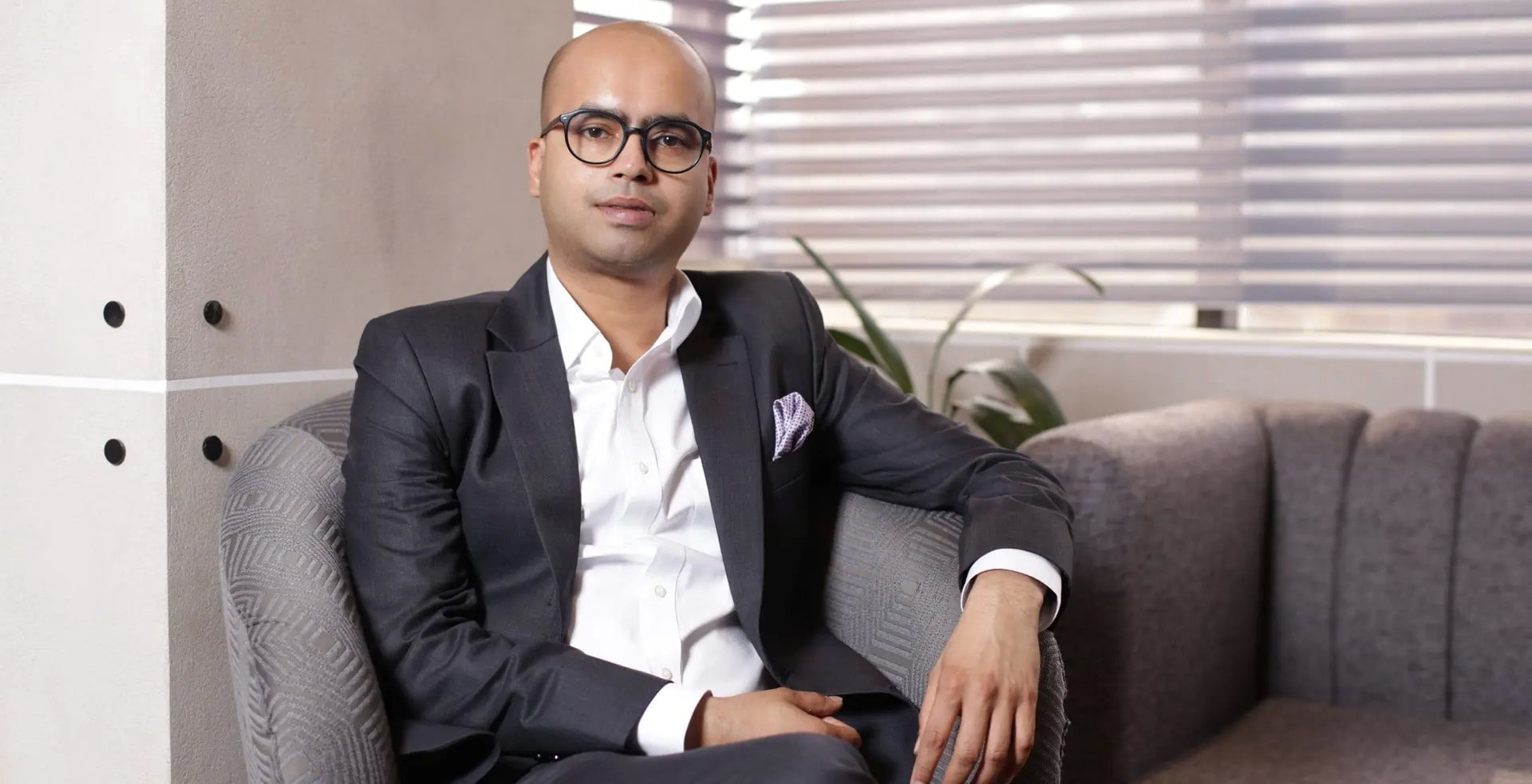Pratik Jalan: We expect private sector-friendly policies from the new government
Pratik Jalan, who is the Executive Director of Ramesh Corp, has a deeper understanding and experience in different verticals of IT including telecom services, cloud computing, and other technology investments and businesses.
Established in 2020, Ramesh Corp, named after the late entrepreneur Ramesh Gupta, has made big strides as a business house in a relatively short period of time. Pratik Jalan, who is the Executive Director of Ramesh Corp, has a deeper understanding and experience in different verticals of IT including telecom services, cloud computing, and other technology investments and businesses. Himanshi Karn of ApEx caught up with Jalan to talk about the current state of the private sector, the economic prospects of Nepal and Ramesh Corp’s investment plans. Excerpts:
The Confederation of Nepalese Industry (CNI’s) recent survey also shows demands throughout the country have fallen. Industrialists have put a hold on their investment plans. What is the state of the Nepali private sector right now? When will we see new investments by the private sector?
Currently, the economy is in a bad state. A severe cash crunch has obstructed the money cycle at every level of business. We can barely see consumer spending in the market. This has badly affected the production of industries as both consumption and demand are suppressed now.
While the economy is going through a turbulent phase, Ramesh Corp is also expanding its presence across different verticals. Nepal is a growing economy, and the beauty of this country is that we usually have short-lived crises. We’re hopeful the present-day economic difficulties will soon go away. There is an anticipation that the market will bounce back and we will get support from the government.
How much time do you think it will take for the economy to come out of the recession?
There is a new government in place now and we expect private sector-friendly policies. We are definitely seeing some positive progress on the regulatory side. But it will take time. It should be a matter of 6-7 months for the economy to be stable. I wouldn’t say growth but there will be stability.
How has the high-interest rate made an impact on the industrialists and the common people?
The private sector is the major employment provider in the country. The interest cost is a big burden on everybody and it is not just limited to business houses. If we look at it deeper with an example, the normal citizen of this country is dependent on different kinds of loans such as car loans, home loans, and so on. If the interest rate climbs higher, their loan repayment capacity gets affected. So it is obvious that many people have second thoughts about spending in this situation which affects our business activities. Now the private sector is suffering both ways; they are required to pay extra for the money they’ve borrowed to run their business too.
Business leaders recently met the new Prime Minister and Finance Minister. While both the PM and Finance Minister have said that the economy is their prime agenda, how hopeful are you that the new government will address the issues raised by the private sector?
There is definitely a lot of space for hope here. I believe we should avoid a conservative assessment of the current situation. The new government is holding consistent meetings and that shows the beam of light to the private sector.
Ramesh Corp recently made a big investment announcement, i.e., manufacturing tiles in Nepal in partnership with India’s Kajaria Group. What led your group to have this joint venture with Kajaria?
If we look around Nepal, there’s a lot of potential for growth in the construction sector. Tiles specifically are mostly imported into the country. We want Nepal to become self-sufficient in products that are in big demand. Kajaria is a big brand not just in India and also globally, and we have an opportunity to collaborate with them and produce and supply the Nepali market with quality products.
Ever since the establishment of Ramesh corp, how has the journey been as a single business house?
We are certainly sustaining and growing, dealing with the current adverse situation. We’re also looking for different ways to make investments as Ramesh corp. It has been positively effective ever since the establishment of our group. So many of our goals have been successfully completed, a lot of them are yet to be ticked on the checklist and many are yet to be made.
Ramesh Corp is already a diversified business conglomerate. What areas your group is planning to enter in the near future?
There are a couple of things in the pipeline like tile manufacturing which is our latest venture. We are also looking for more opportunities to invest in. We are hopeful that by the end of 2023, we will have 25 different ventures under us.




